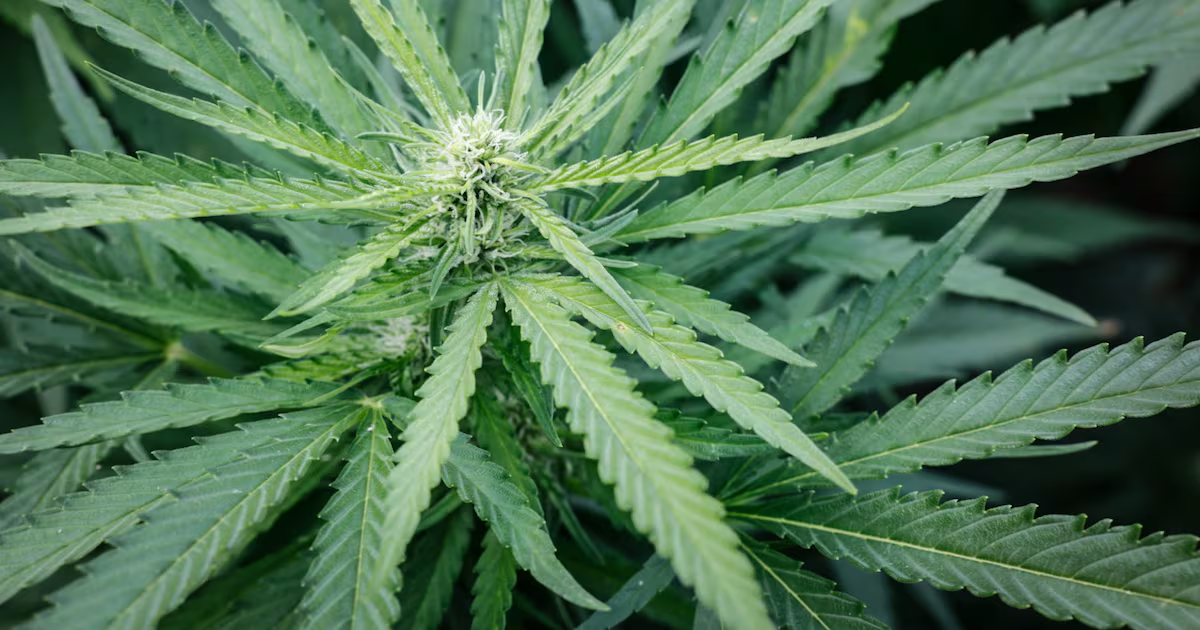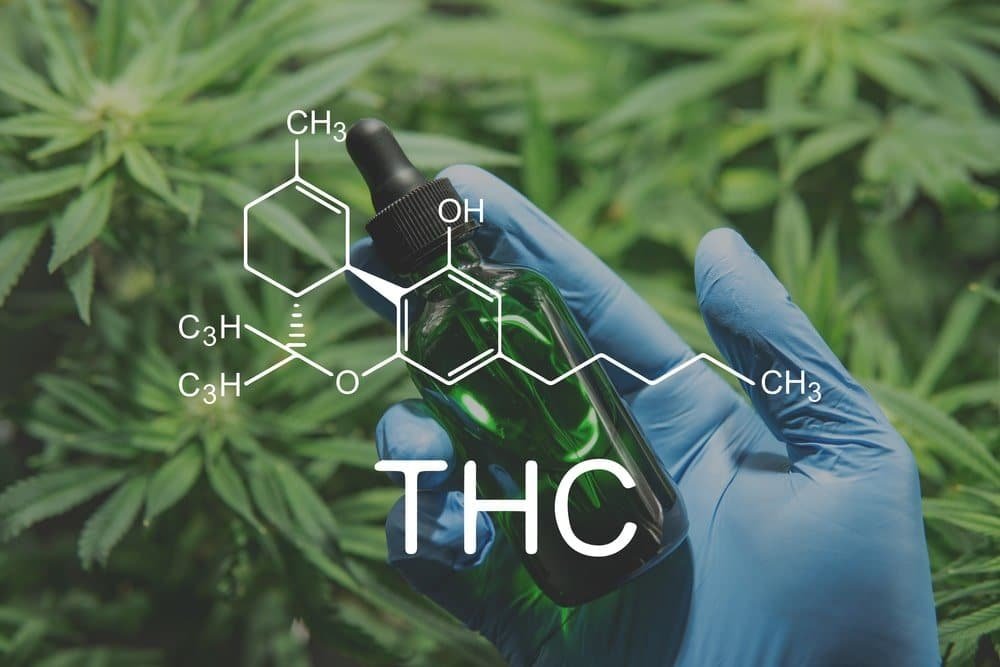Spain’s Ministry of Health is tightening regulations on cannabis edibles. On April 22, 2023, the Ministry announced a ban on the sale and distribution of synthetic cannabis sweets and gummies, responding to rising concerns about health risks associated with these products. The new regulation aims to address the increasing popularity of synthetic cannabinoids that can mimic or even exceed the effects of traditional cannabis.
These synthetic edibles, often created in laboratories, do not contain THC but may include other semi-synthetic compounds that produce similar psychoactive effects. The Ministry stated that these products must be controlled under national law, aligning with international regulations set by the United Nations Narcotics Commission. This legal update reflects the need to adapt to new trends in drug trafficking and consumption.
The decision follows alarming reports from medical professionals about a surge in hospitalizations related to synthetic cannabis edibles. In Barcelona, the Hospital Clínic reported that cases of intoxication from these products have doubled over the past two years, treating 24 cases in 2024 alone. Most affected were middle-aged female tourists who purchased these items in cannabis shops as souvenirs.
While synthetic edibles are now banned, traditional cannabis edibles like brownies and cookies have long been illegal to sell in Spain due to their THC content. Although commonly consumed in private settings, selling any product containing THC remains prohibited. The recent ban specifically targets synthetic products that have circumvented existing regulations.
Cannabis law in Spain presents a complex landscape. Private possession and consumption of cannabis are decriminalized, but only on private property. This means that THC edibles can be consumed within private homes or cannabis associations. However, possession in public spaces is illegal and subject to fines. The Ministry’s crackdown on synthetic edibles represents an effort to catch up with rapidly evolving cannabis science and to regulate substances that are often more potent than THC, such as THCP or HHC.
The Spanish Food Safety and Nutrition Agency (AESAN) enforces strict rules on food products, prohibiting the sale of edibles containing THC. Cannabis cultivation is restricted to industrial or scientific purposes, with the stipulation that plants must have less than 0.2% THC. CBD products are allowed as long as they contain no THC and are intended for topical applications, such as cosmetics.
In summary, Spain is taking significant steps to regulate cannabis edibles, focusing on the health implications of synthetic products. As the market for cannabis continues to evolve, the government aims to ensure public safety while addressing emerging threats in the cannabis landscape.




